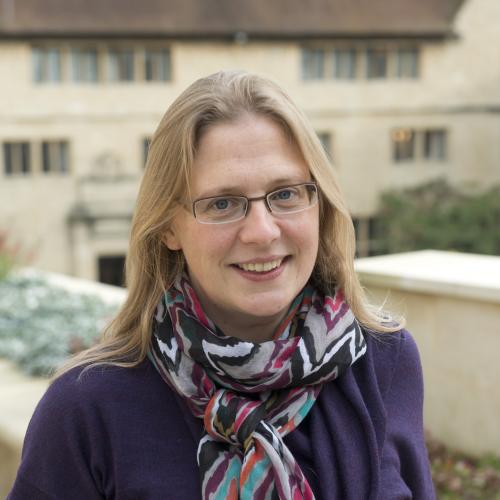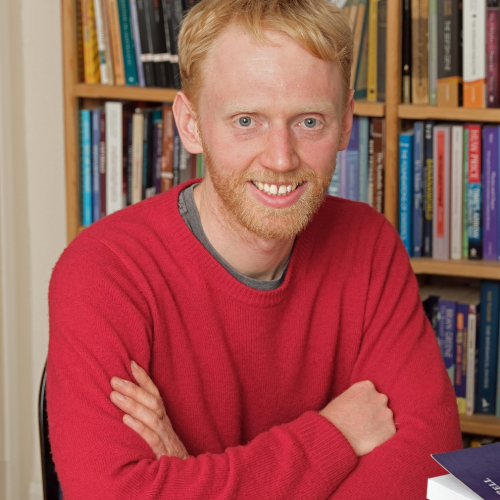Psychology, Philosophy and Linguistics (PPL)
Why Choose Pembroke?
At Pembroke we place strong emphasis on joint honours degrees, and PPL is a fine example of a subject where tutors from a number of different yet overlapping disciplines will work closely together to deliver the best possible academic experience to the students.
We have two tutorial fellows in Psychology; Professor Hannah Smithson, whose research focuses on the retinal and cortical processing that underlies human vision, and Dr Rebekah White, whose research interests lie in the field of Cognitive Psychology, and who is also the College’s welfare and wellbeing co-ordinator. We have the same number of tutorial fellows in Philosophy: Professor Guy Kahane, the subject’s leader at Pembroke whose primary research focus is on theoretical and applied ethics and human morality, and Professor James Read, whose research interests lie primarily in the philosophy of physics, and the foundations of space-time theories. Dr Holly Kennard is our lead tutor in Linguistics, and her research interests lie in phonology and morphophonology.
- During term, the whole psychology community meets once a week for lunch. These informal lunches facilitate the sharing of information from practical discussions about the course and life in Oxford, through to conversations about exciting psychological discoveries.

Have you considered our joint honours courses?
These disciplines can be studied as part of other joint courses, such as Maths & Philosophy, Modern Languages & Linguistics, Philosophy & Theology, PPE (Philosophy, Politics & Economics), and Physics & Philosophy. Psychology can also be studied as single-honors Experimental Psychology.
Meet Our Academics
Pembroke PPL students are eligible for £100 of funding in their first year and another £100 in their final year towards the cost of books for their course for personal use. This is claimed from the librarian.
Psychology, Philosophy and Linguistics (PPL)
Why Choose Pembroke?
At Pembroke we place strong emphasis on joint honours degrees, and PPL is a fine example of a subject where tutors from a number of different yet overlapping disciplines will work closely together to deliver the best possible academic experience to the students.
We have two tutorial fellows in Psychology; Professor Hannah Smithson, whose research focuses on the retinal and cortical processing that underlies human vision, and Dr Rebekah White, whose research interests lie in the field of Cognitive Psychology, and who is also the College’s welfare and wellbeing co-ordinator. We have the same number of tutorial fellows in Philosophy: Professor Guy Kahane, the subject’s leader at Pembroke whose primary research focus is on theoretical and applied ethics and human morality, and Professor James Read, whose research interests lie primarily in the philosophy of physics, and the foundations of space-time theories. Dr Holly Kennard is our lead tutor in Linguistics, and her research interests lie in phonology and morphophonology.
- During term, the whole psychology community meets once a week for lunch. These informal lunches facilitate the sharing of information from practical discussions about the course and life in Oxford, through to conversations about exciting psychological discoveries.

Have you considered our joint honours courses?
These disciplines can be studied as part of other joint courses, such as Maths & Philosophy, Modern Languages & Linguistics, Philosophy & Theology, PPE (Philosophy, Politics & Economics), and Physics & Philosophy. Psychology can also be studied as single-honors Experimental Psychology.
Meet Our Academics
Pembroke PPL students are eligible for £100 of funding in their first year and another £100 in their final year towards the cost of books for their course for personal use. This is claimed from the librarian.



